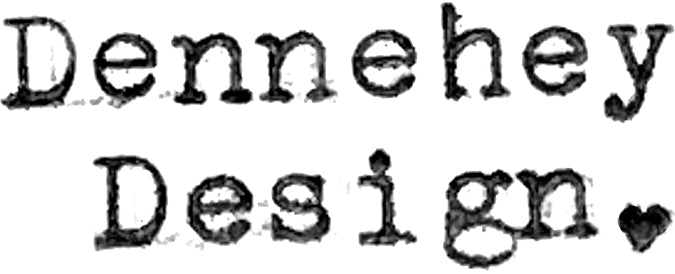
I've been moonlighting as a woodworker for over two decades now and through the years I've often been confronted with statements like "Whoa, you work soo much!" or "Why aren't you completely burnt out right now!? Sure, some seasons are busier than others and I'm not always moving at full-tilt, but when I'm doing things right, I rarely feel worn down or overly fatigued, despite working 60 plus hours per week.
How is that possible? Am I a freak of nature, or is there a logical explanation for this? I hadn't really given it much thought before I read this excellent book from Alex Soojung-Kim Pang called Rest: Why You Get More Done When You Work Less last summer.
In Rest, Alex explains the concept of deep play, a type of restorative activity that recharges you while you're engaged in stimulating work. Deep play offers similar psychological rewards to work but in a very different medium or context. It energizes you by letting your mind wander. And when our minds don't need to focus on any particular thing, they are still pretty active—when we do things like say, sanding 30 cutting boards, our subconscious mind keeps working out problems. The experience of having the mind slightly relaxed allows it to explore different combinations of ideas, to test out different solutions. And then once it has arrived at one that looks promising—that is what pops into your head as an aha! moment. Restorative activities like this are life-giving and fulfilling, they aren't a tax on your system.
We tend to think of rest exclusively as passive, like putting our feet up, drinking a glass of wine, and binge-watching Stranger Things.
For people in Alex's study, their idea of rest was more vigorous than many people's idea of exercise. These are people who go on long walks covering 15 or 20 miles in a day or climb mountains on vacation. For them, restful activities were often vigorous and mentally engaging, but they experienced them as restorative because they offered a complete break from their normal working lives.
According to Alex's findings, the best activities are ones that are similar to your passions at work. Winston Churchill took on painting during the First World War. He talks about it in a book called Painting as a Pastime as being very much like a political argument—it requires the same kind of boldness and decisiveness; you literally have to have a clear vision of what is in front of you and what you want to achieve. At the same time, the materials you are using are completely different, and the way you are using brush and paint allows you to put your cares aside. Over and over again people choose hobbies that they describe as being like their professional disciplines but also totally different.
I'm a creative director by day, so woodworking is a great compliment to my primary career—Woodwork flexes many of the same mental muscles I use every day on the job; like creativity, problem-solving, and the struggle of bringing new ideas to life. After a solid weekend in the shop, I come back to the office more inspired, refreshed, and engaged than I would if I hadn't spent time out there. Some people feel completely restored after a weekend of lounging around at the beach, but I'd rather be building things in my shop and feeling the sawdust between my toes.
Check out Rest and find out what restores you.
Disclaimer: Affiliate links are used in this post. I may make a small commission if you click and purchase. Thank you for your support!






